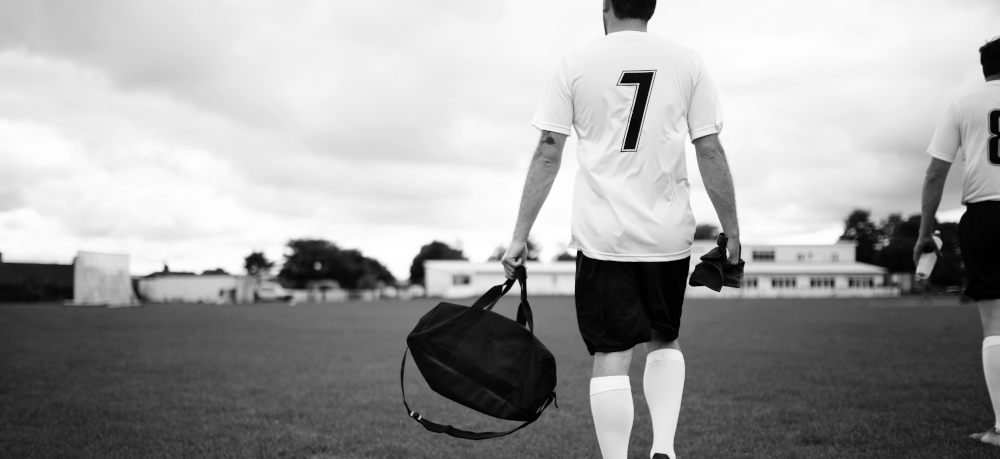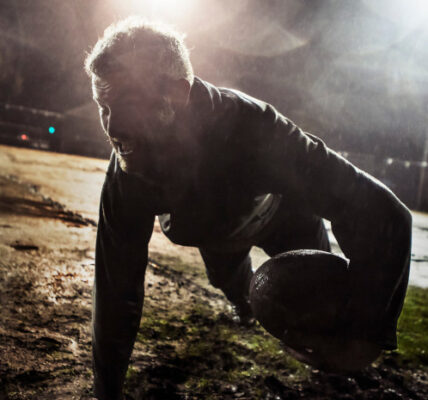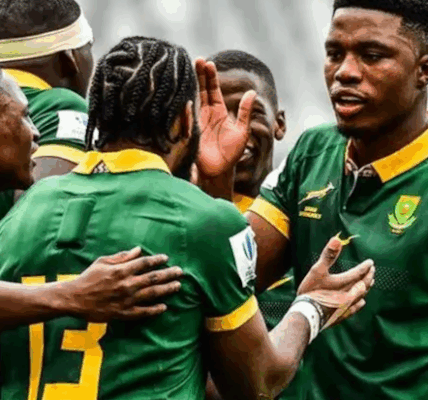You won’t find their names in match reports or season stats. There are no public statements, no televised press conferences, no graceful bows out of the game. Just silence. A phone that stops ringing. A jersey that’s never handed back. A player erased without ceremony. In club rugby across KwaZulu-Natal, being blacklisted doesn’t come with a headline, it comes with a slow, painful disappearance. Ask anyone who’s been around long enough and they’ll tell you, every club has a list. Sometimes it’s literal, a dusty folder in a back office, an email chain no one dares forward. Other times it’s whispered, scrawled across reputations, passed in knowing glances at post-match beers. “He’s on the list,” they’ll say. And just like that, you’re out.
Getting banned isn’t always about violence or drugs. Sometimes, it’s for something as messy as showing up late one too many times, challenging a coach, refusing to kiss a ring you never agreed to wear. Sometimes it’s politics, the kind that plays out in boardrooms and WhatsApp groups rather than on the field. A rift with management. A dispute over selection. A clash of egos. And once you’re out, it’s almost impossible to come back.
There’s no due process. No appeal. You might only find out when your name’s left off the squad list. Or when a former teammate suddenly won’t return your texts. One minute you’re the starting fly-half, the next you’re watching from the car, engine running, because no one told you kick-off moved forward an hour. It’s exile by silence. And it stings.
Most blacklisted players don’t talk about it. Not really. Pride gets in the way. And shame. And the bitter taste of betrayal, especially if they bled for the badge. One guy from Empangeni said it best, “They’ll cheer you when you break your body for the win, but the moment you question something? Ghosted. No explanation. Just gone.” For a sport that prides itself on honour, loyalty, and brotherhood, the blacklist is a dirty secret, and an ugly one.
But here’s where it gets complicated, not everyone on the list is innocent. There are players who went too far, who punched a ref, who threatened an opponent, who brought the game into disrepute in ways that can’t be forgiven. There are lines you don’t cross, and when you do, there has to be consequence. Fair enough. But what about the ones who spoke up about unpaid fees? Or the ones who challenged favouritism? Or who pushed too hard to start when they were good enough but inconvenient? They get lumped into the same category, unmanageable, arrogant, problematic, and suddenly, their career dies quietly in the shadows.
The blacklist doesn’t just end a season. It can end a career. Especially for players without the luxury of moving clubs or cities. Rugby in KZN is tight. People talk. If you get labelled “trouble,” you’d better have the talent of a prodigy or the connections of a politician, because doors close fast. And they stay closed. It affects more than just the player. Families ask why their kid isn’t playing anymore. Friends assume they gave up. Coaches move on. The game moves on. And the person, once celebrated, is left carrying the weight of a scar they can’t explain.
The worst part? Most blacklisted players still love the game. You’ll find them kicking balls alone at public parks. Watching matches from the hill instead of the bench. Coaching juniors when they should still be on the field themselves. Their passion never left, but the system turned its back.
 There are exceptions. Some players fight their way back, clear their name, find a new club that gives them a shot. But it’s rare. And it takes a thick skin. It takes humility, and often, silence. You learn not to ask questions. You nod when told to. You relearn how to play politics if you want to keep playing the game.
There are exceptions. Some players fight their way back, clear their name, find a new club that gives them a shot. But it’s rare. And it takes a thick skin. It takes humility, and often, silence. You learn not to ask questions. You nod when told to. You relearn how to play politics if you want to keep playing the game.
Club rugby in South Africa is grassroots, yes. But it’s also tribal. Emotional. Territorial. It’s built on relationships, tradition, loyalty, and sometimes, that same loyalty turns toxic. The blacklist is proof of that. It’s the quiet weapon used when talking fails. When egos clash and nobody wants to say sorry first. When authority feels threatened. When someone needs to be made an example of.
But maybe it’s time to ask, what does that cost us? How many talented players have we lost because someone got offended? How much potential is sitting on the sidelines because a disagreement turned into a sentence? And what kind of message are we sending to the next generation, that obedience matters more than contribution? That keeping quiet gets you further than calling out a broken system?
There’s no simple fix. Rugby is passion, tradition, family, and those things are messy. But maybe the answer starts with being honest. With acknowledging the existence of the blacklist and calling it what it is, a form of exile. And maybe, just maybe, clubs should start treating conflict not as betrayal, but as a chance to evolve. Because at the end of the day, the field should be a place of merit, not memory. You shouldn’t have to be perfect to play. You should just have to love the game and show up. And if you get it wrong? There should be a way back.
Until then, the blacklisted players will keep watching. From the stands. From the edges of the game they gave everything to. Still wearing their old jerseys. Still wondering what they did wrong. Still waiting to be called home.




